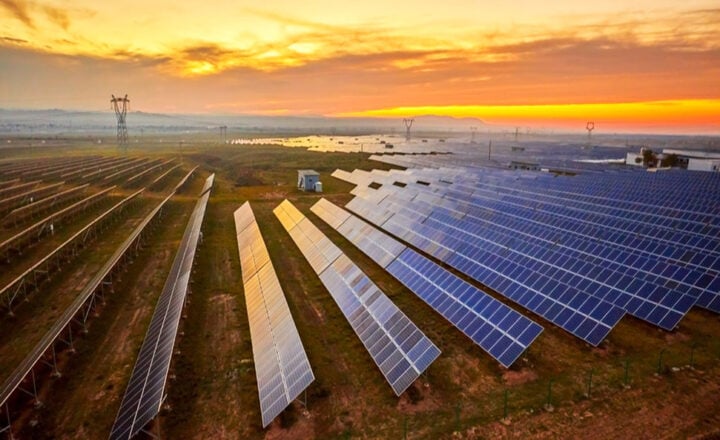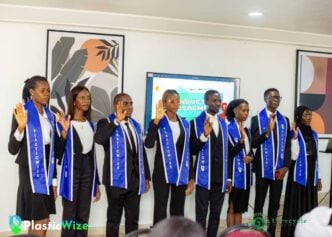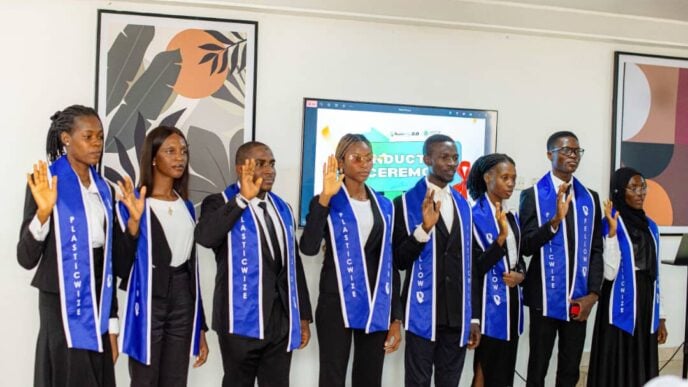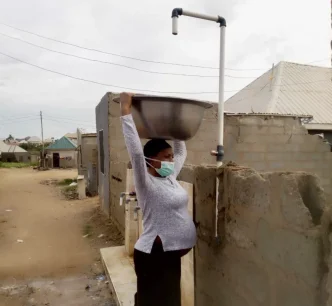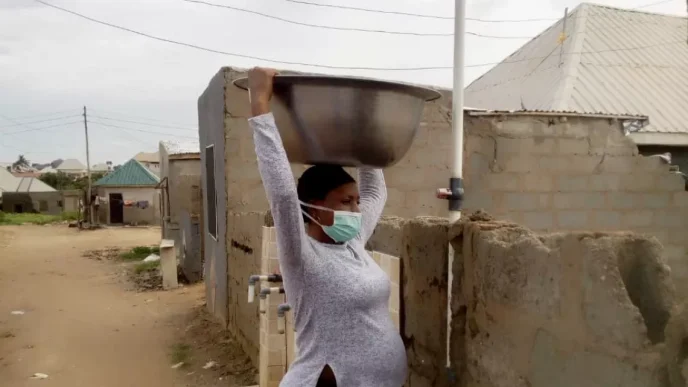Climate change directly affects our communities, health, and livelihoods.
Yet, media coverage often prioritises politics and business over climate-related stories, leaving crucial environment news under-reported.
Climate Watch seeks to bridge this information gap, ensuring that important climate change stories and mitigation efforts stay on your radar.
Here is a round up of last week’s climate stories:
Advertisement
- The Nigeria Customs Service (NCS) says it will begin facilitating the importation of renewable energy technologies into the country.Bashir Adeniyi, comptroller-general of Customs (CGC), spoke on May 19 during the NCS Trade Facilitation Consultative Forum themed ‘Trade Facilitation Measures for Renewable Energy and Energy-Efficient Technologies’.Adeniyi said the NCS would intensify efforts to ease the importation of solar panels by ensuring they are duty-free and exempt from value added tax (VAT).
He said this aligns with the federal government’s commitment to achieving net-zero emissions by 2060.
“The federal government continues to champion policies that foster investment, ensure sustainability, and promote responsible industrial practices, as outlined in Nigeria’s Energy Transition Plan (ETP),” he said.
Adeniyi said the NCS has begun classifying renewable energy equipment under specific Harmonised System (HS) codes to ensure consistent and predictable treatment of such imports.
AdvertisementHe added that the initiative supports the Green Customs Initiative, a global programme aimed at enhancing customs’ capacity to enforce multilateral environmental agreements (MEAs).
- Tokunbo Wahab, Lagos commissioner for environment and water resources, says the state will begin full enforcement of the ban on single-use plastics (SUPs) from July 1, 2025. In January 2024, the Lagos government banned the use and distribution of styrofoam and other SUPs to reduce environmental pollution across the state. Providing an update on May 19, Wahab said the government has been strategic with the implementation of the policy. He said in the last 18 months, the state organised a series of stakeholder engagement sessions with marketers and producers of SUPs. Read more here.
- Following the announcement, Wahab clarified that not all plastic products are affected. According to the commissioner, the SUPs ban specifically targets styrofoam food packs, all forms of polystyrene cups (disposable cups), plastic straws, plastic cutlery, single-use carrier bags and nylons less than 40 microns in thickness. He added that sachet water packs (pure water), PET bottles, and thicker nylon bags are not included in the ban.
